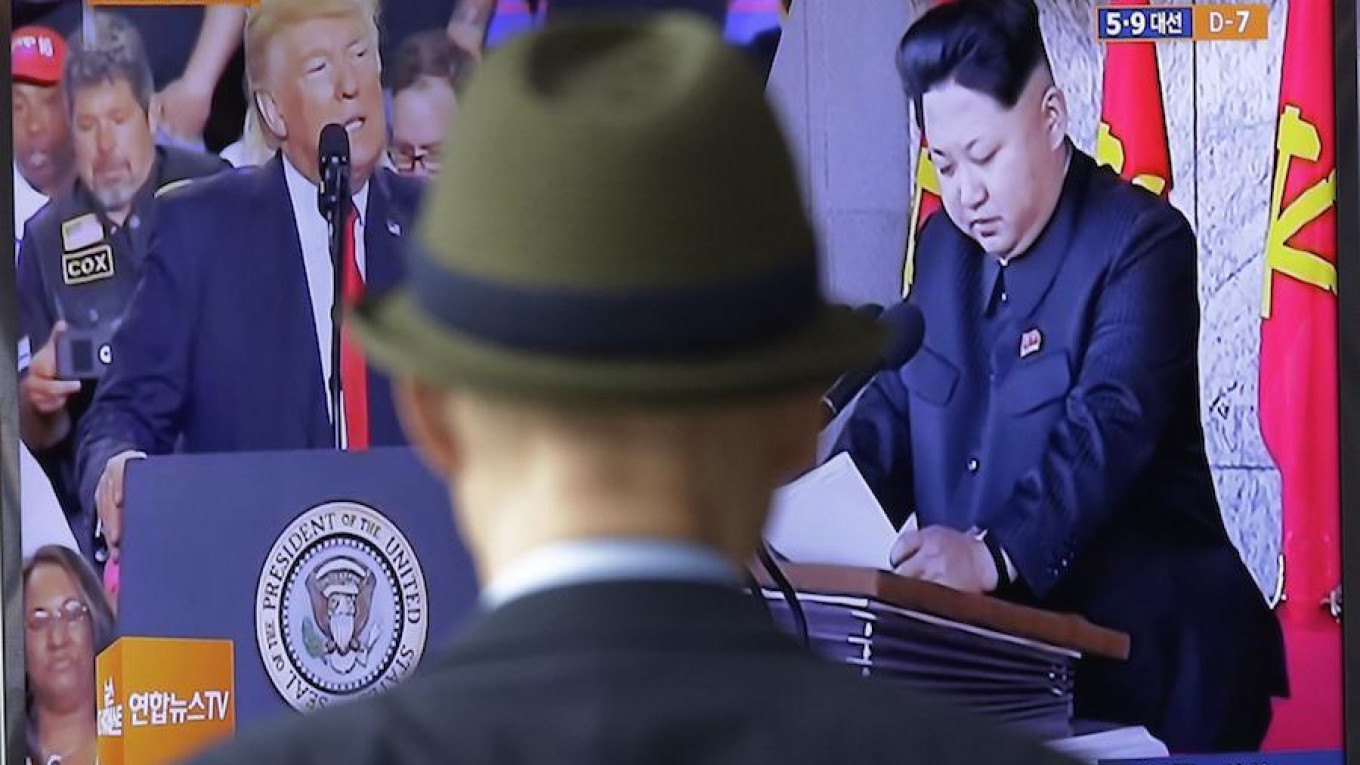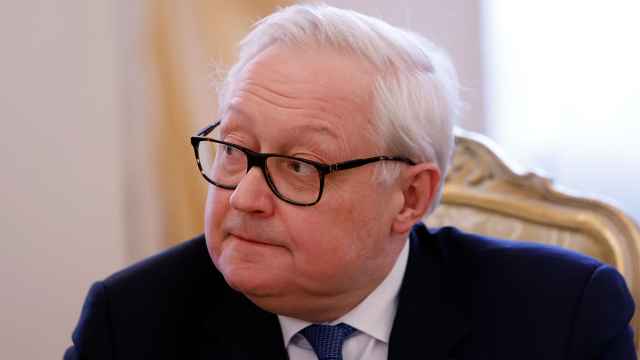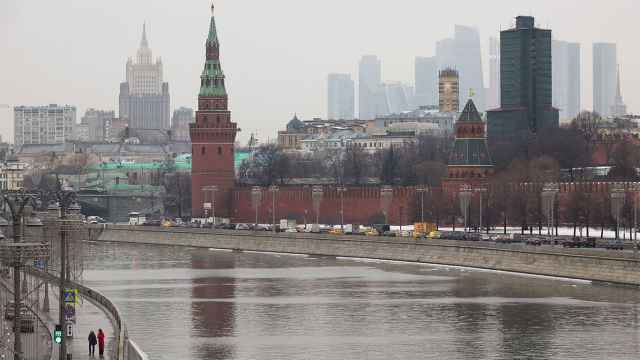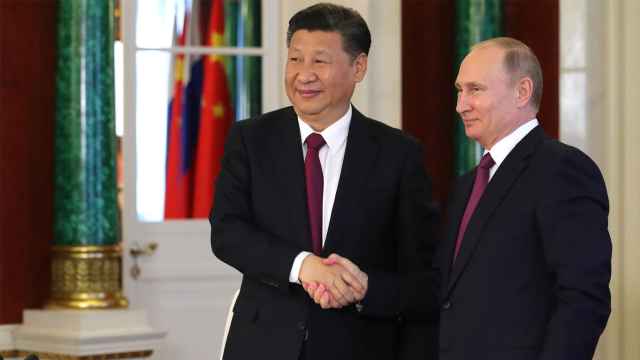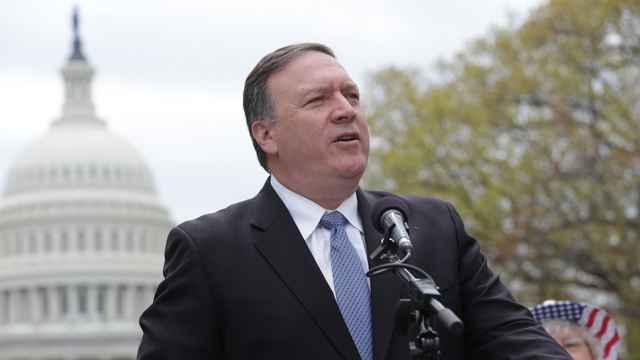On June 12, North Korea released Otto Warmbier, an American student imprisoned for 17 months in the secretive country. But what should have been a victory for international diplomacy was hardly celebratory.
Warmbier returned home comatose, in a persistent vegetative state with no chance of recovery. He died only six days after arriving on U.S. soil.
Warmbier’s death came as the latest incident amid rocketing tensions between Pyongyang and Washington. In March, North Korea test fired four ballistic missiles into the Sea of Japan. In response the United States began to deploy THAAD anti-missile systems to South Korea. A month later, during a visit to the South, U.S. Vice-President Mike Pence declared that the “era of strategic patience” with Pyongyang was over.
“North Korea would do well not to test [Trump’s] resolve or the strength of the armed forces of the United States in this region,” he said.
Since then, however, missile tests have continued.
Enter Moscow. On Tuesday, the Russian Foreign Ministry announced that it has worked out a “road map” for regulating the situation on the Korean Peninsula. The plan reportedly includes a step-by-step scheme for bringing all sides to dialogue. It also calls for everyone to exercise restraint, avoid provocation, and abandon threats of force, Deputy Foreign Minister Igor Morgulov told the RIA Novosti news agency.
Perhaps most importantly, the “road map” proposes providing Pyongyang with a security guarantee, thereby allowing it to halt its nuclear missile program.
That may sound good on paper, but geopolitical analysts say it is unlikely to work in practice.
“It’s North Korea’s wishlist for Santa,” Vladimir Frolov, a Russian foreign affairs expert, told The Moscow Times in an email. “It’s Moscow’s PR move to appear relevant in the crisis without doing any heavy lifting.”
The plan is weak, lacking specific demands for Pyongyang to freeze — let alone dismantle — its nuclear and missile programs, Frolov said. It also articulates no punitive measures for violations by the North.
“It’s a coordinated move with China to cast the Trump administration as a reckless warmonger,” Frolov added. “And it’s a bone to Tillerson to chew on before the G20 Trump-Putin meeting” next month.
The problem, he says, is that the Kremlin lacks leverage over Pyongyang. That contradicts public perceptions, but analysts say it is true. After the Korean War, Moscow and Pyongyang were communist allies, and Soviet financial and technological aid were key to building the North Korean economy. But that ended with the Soviet collapse.
In recent years, economic ties have picked up again. In 2014, for example, President Vladimir Putin wrote off Pyongyang’s $11 billion debt to the Soviet Union. And North Korean laborers now toil in Russia’s Far East and even helped construct St. Petersburg’s Zenit Arena. Their work — essentially slave labor — provides much needed hard currency for Pyongyang, which confiscates up to half of their paychecks.
But beyond that, Russia controls only around five percent of North Korea’s trade — much less than China does, according Alexander Gabuev, a senior fellow at the Carnegie Moscow Center. As a result, it cannot impose limits on Pyongyang by economic pressure alone.
Any efforts to rein in North Korea will have to address the country’s fundamental concerns, Gabuev says. While the U.S. worries that Pyongyang’s missiles could eventually hit its west coast, the North Korean government views nuclear weapons as its only insurance policy against the U.S. It looks with alarm at events such as the overthrow of Libyan leader Muammar Gaddafi. He had abandoned weapons of mass destruction and increasingly reconciled with the West, but was nevertheless killed amid NATO airstrikes.
Short of finding a way to enshrine a security guarantee — both for Pyongyang and Washington — in stone, no “road map” for the Korean Peninsula is likely to work.
“The lesson that North Korea took is that you must have a deterrent,” Gabuev says. “For them, that’s the nuclear bomb.”
A Message from The Moscow Times:
Dear readers,
We are facing unprecedented challenges. Russia's Prosecutor General's Office has designated The Moscow Times as an "undesirable" organization, criminalizing our work and putting our staff at risk of prosecution. This follows our earlier unjust labeling as a "foreign agent."
These actions are direct attempts to silence independent journalism in Russia. The authorities claim our work "discredits the decisions of the Russian leadership." We see things differently: we strive to provide accurate, unbiased reporting on Russia.
We, the journalists of The Moscow Times, refuse to be silenced. But to continue our work, we need your help.
Your support, no matter how small, makes a world of difference. If you can, please support us monthly starting from just $2. It's quick to set up, and every contribution makes a significant impact.
By supporting The Moscow Times, you're defending open, independent journalism in the face of repression. Thank you for standing with us.
Remind me later.


